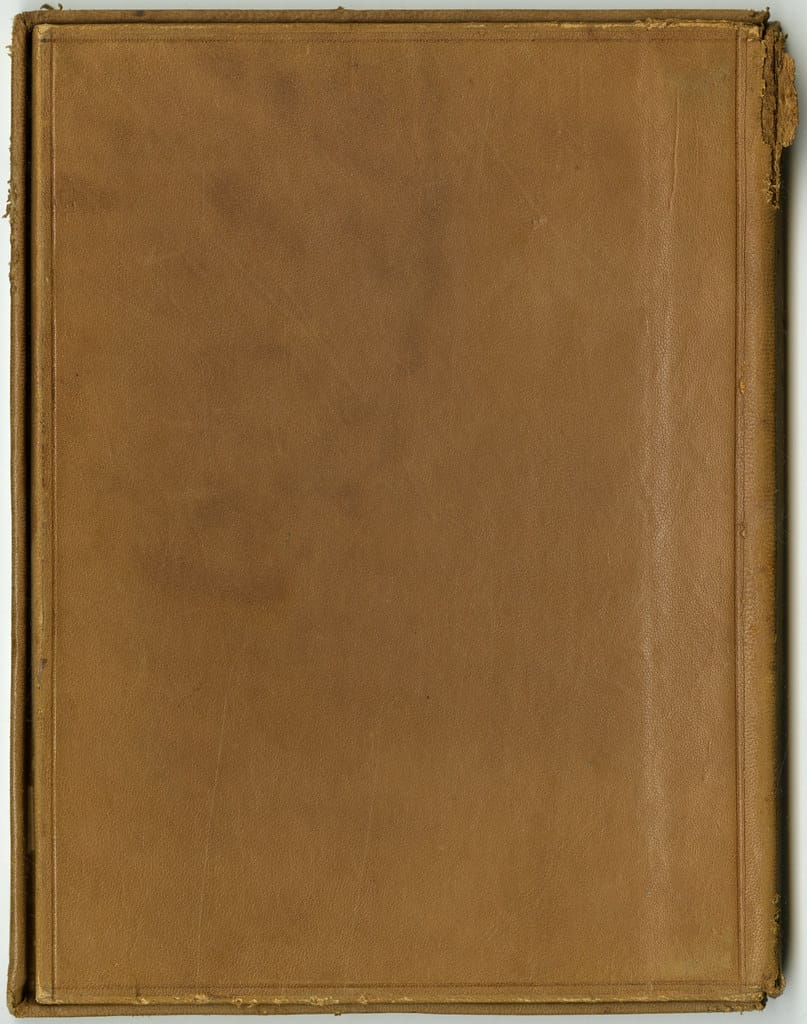Australian Court Delivers Landmark Blow to Apple and Google's App Store Dominance
Australia's Federal Court has delivered a seismic ruling that could reshape the global app economy, finding that tech giants Apple and Google engaged in anti-competitive conduct through their respective App Store and Google Play Store operations. The decision marks a watershed moment in the ongoing battle between regulators worldwide and Silicon Valley's most powerful gatekeepers.
The Court's Damning Verdict
Federal Court Justice Michael Lee ruled that both companies systematically abused their market dominance by imposing restrictive terms on app developers and consumers. The court found compelling evidence that Apple's App Store and Google's Play Store operated as effective duopolies, stifling competition and innovation while extracting excessive fees from developers.
"The evidence demonstrates a pattern of conduct designed to entrench market power rather than compete on merit," Justice Lee stated in his 400-page judgment. The ruling specifically targeted the companies' mandatory 30% commission structure, which developers have long criticized as a "tax" on digital commerce.
Key Findings That Shook the Industry
The court identified several anti-competitive practices that violated Australian Consumer Law:
Exclusive Distribution Requirements: Both platforms prohibited developers from offering alternative payment methods or directing users to external purchasing options, effectively forcing all transactions through their payment systems.
Bundling and Tying Arrangements: Apple was found to illegally tie its payment processing services to App Store distribution, while Google engaged in similar practices with Google Play Billing.
Market Foreclosure: The court determined that both companies used their control over mobile operating systems to prevent competing app stores from gaining meaningful market access.
The evidence revealed that Apple generated over AU$2.4 billion from App Store commissions in Australia between 2019-2023, while Google collected approximately AU$1.8 billion through similar mechanisms.
Developer Testimonies Paint Picture of Coercion
The case featured damning testimony from prominent app developers who described feeling "held hostage" by the platforms' policies. Epic Games, Spotify, and several Australian fintech companies provided evidence of being forced to choose between paying hefty commissions or losing access to billions of mobile users.
"We were presented with a Hobson's choice," testified Sarah Chen, CEO of Melbourne-based payment app PayMate. "Accept the 30% fee that destroyed our margins, or abandon the Australian mobile market entirely."
Small developers were particularly affected, with many reporting that platform fees consumed up to 40% of their total revenue when combined with other charges.
Global Implications and Regulatory Momentum
This ruling arrives amid a global regulatory assault on Big Tech's app store practices. The European Union's Digital Markets Act already forces Apple to allow alternative app stores, while the US Department of Justice has filed similar antitrust charges.
Australia's decision is particularly significant because it establishes legal precedent in a major developed economy with strong ties to both US and European regulatory frameworks. Legal experts suggest the ruling could influence pending cases in the UK, Canada, and South Korea.
"This judgment provides a roadmap for regulators worldwide," noted competition law expert Professor Emma Davies from Melbourne Law School. "Australia has essentially done the heavy lifting in documenting these anti-competitive practices."
The Road Ahead: Remedies and Appeals
The court has scheduled remedies hearings for early 2024, where it will determine appropriate penalties and behavioral changes. Potential remedies include:
- Forcing both companies to allow alternative payment systems
- Reducing maximum commission rates to competitive levels
- Requiring transparent fee structures and contract terms
- Mandating access for competing app stores
Both Apple and Google have announced intentions to appeal, arguing that their platforms provide valuable security and quality assurance services that justify their fee structures. However, legal observers suggest the comprehensive nature of the evidence makes successful appeals unlikely.
A New Dawn for Digital Competition
This landmark ruling represents more than a legal victory—it signals a fundamental shift in how courts view digital platform power. By rejecting Apple and Google's arguments that their fees represent fair compensation for platform services, the Australian Federal Court has established that dominant platforms cannot unilaterally dictate terms to dependent businesses.
For consumers, the decision promises lower app prices and increased innovation as developers gain more freedom to experiment with business models. For the global tech industry, it confirms that the era of unchecked platform dominance is rapidly drawing to a close.
The reverberations from this decision will likely be felt in Silicon Valley's boardrooms for years to come, as other regulators take note of Australia's successful challenge to Big Tech's most lucrative business practices.
